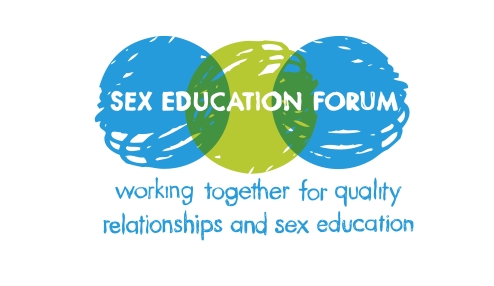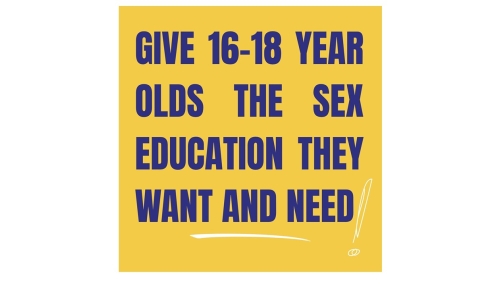An integrated definition of Relationships and Sex Education (RSE) coined by the Sex Education Forum, and widely quoted by others, has been used for many years. Now, in 2020, we are publishing sample definitions for relationships education and sex education separately. Why is this needed and is there anything we can learn from the process of untangling the two interrelated subjects?
The impetus for separate definitions is that updated Government guidance on Relationships and Sex Education (RSE) (2019) requires that all schools must have a policy on the subject and that for primary schools this should include definitions for statutory Relationships Education and any non-statutory sex education that they choose to teach, and that secondary schools should define statutory RSE. Crucially, schools need to be able to identify sex education in order to implement the parental right to request their child is excused from sex education. Parents cannot withdraw their child from Relationships Education or Health Education.
Government guidance does not provide these definitions. Instead it sets out ‘what pupils should know’ under Relationships Education for primary and the combined RSE for secondary. It also states that sex education at primary includes ‘how a baby is conceived and born’. For pupils to understand conception and birth they would need knowledge to underpin this; that a sperm and an egg is needed to make a baby, that the process of sexual intercourse or IVF brings the sperm and egg close enough together to fertilise, that babies develop in the uterus and are usually born through the vagina. These are the physical facts, no emotional or social context here. This could all be covered in science, and Government guidance acknowledges that this will sometimes be the case and that teaching should draw on knowledge of the human life cycle.
In reality, human sexual reproduction has emotional and social dimensions. Parenting requires not just physical maturity but emotional maturity too. Legally there is an age of consent to sex. Reproduction is the domain of adults. This context to human sexual reproduction might not be covered in science, so where might these sort of messages be taught? In Relationships Education, sex education, Health Education?
These are the quandaries that the Sex Education Forum’s new guide to RSE definitions deals with one topic at a time. The guide also establishes a set of 10 principles for schools to use in making their own definitions. Top of the list is transparency. For example, if a school expanded other curriculum subjects for the purpose of containing sex education and reducing sex education that would be subject to the parent right to request their child is excused, then the approach could be said to lack transparency. It helps to be clear about the overall aims which are to maximise parental understanding of school curriculum and parental participation in their child’s education, to maximise the quality of RSE that children receive and to minimise parental withdrawal from school sex education. Transparency around how schools approach sex education can support this. Once sex education is defined and specific lessons identified that contain sex education schools could discuss with parents that they could withdraw their child from part rather than all of sex education.
It is also important to go back to the real reason for providing RSE, which is to meet children and young people’s need for accurate, reliable information to support them growing up and in the future. To quote former Secretary of State for Education, Rt Hon Damian Hinds, “to give young people the knowledge that they need in every context to lead safe, happy and healthy lives".
Children and young people are naturally curious and should feel they can ask questions that flow from any line of inquiry. Adults need to accept that there is naturally an element of overlap between subjects. Schools will want to manage this so that they can support parents wishing to withdraw from sex education, but must not feel they will have done wrong in allowing connections to be made between related content.
The Sex Education Forum’s timely new guide probes all the key components of sex education spanning conception, contraception, human sexual response and sexual feelings, STIs, the law on sex, human sexuality and sexual identity, choices relating to sex, pornography. Each stone is turned and then sample definitions provided for schools to adapt from.
It is our hope that this guide will speed up the process of arriving at transparent and workable school policies on the interrelated subjects of Relationships Education, sex education and RSE ahead of statutory provision from September 2020.
Lucy Emmerson
Director
20 April 2020
Further support
RSE definitions guide £5.99 from NCB shop - free for members
Sex education in Science Curriculum - members only
Parental engagement surveys - £5.99 - free for members
Membership of the Sex Education Forum - £49.50 per year




Share